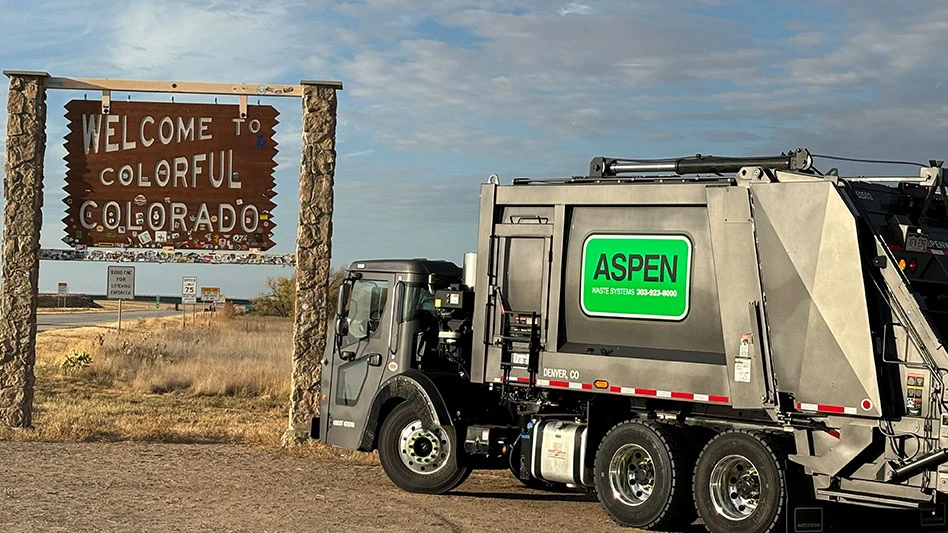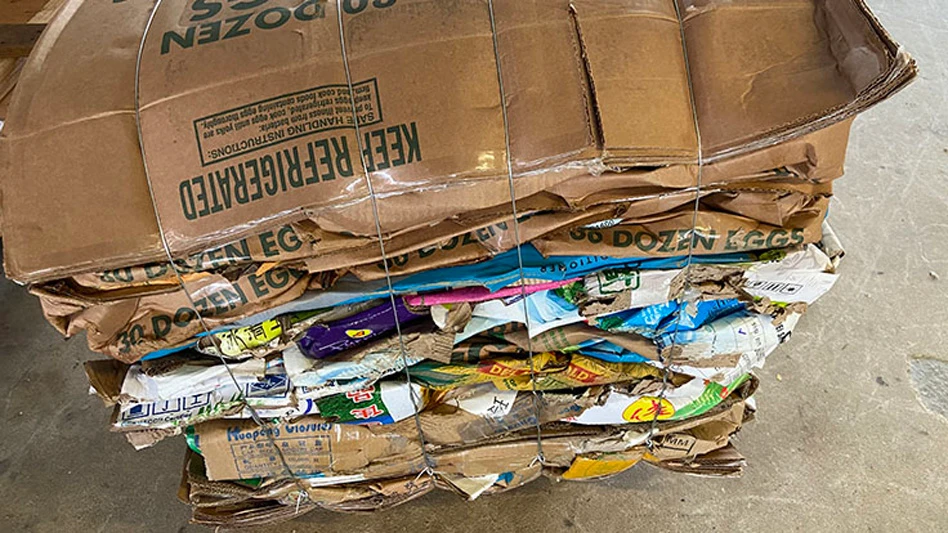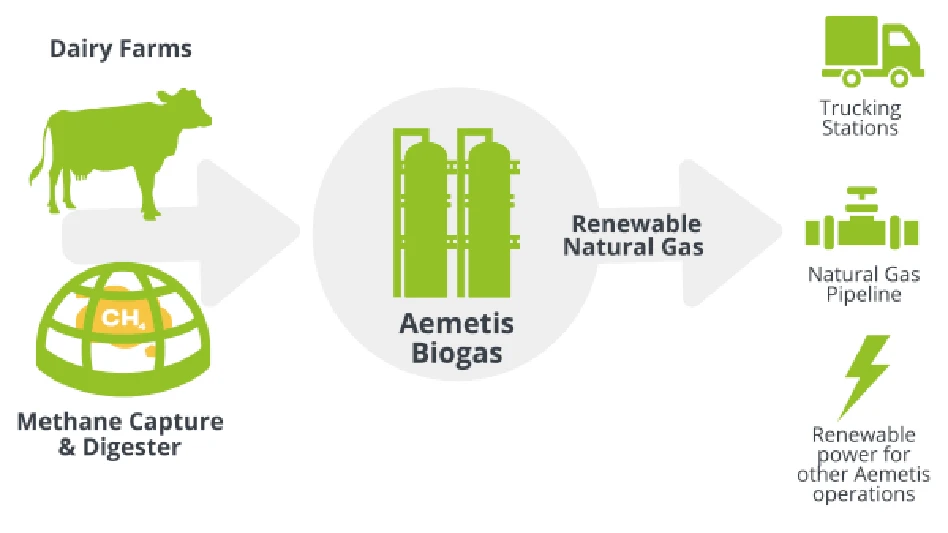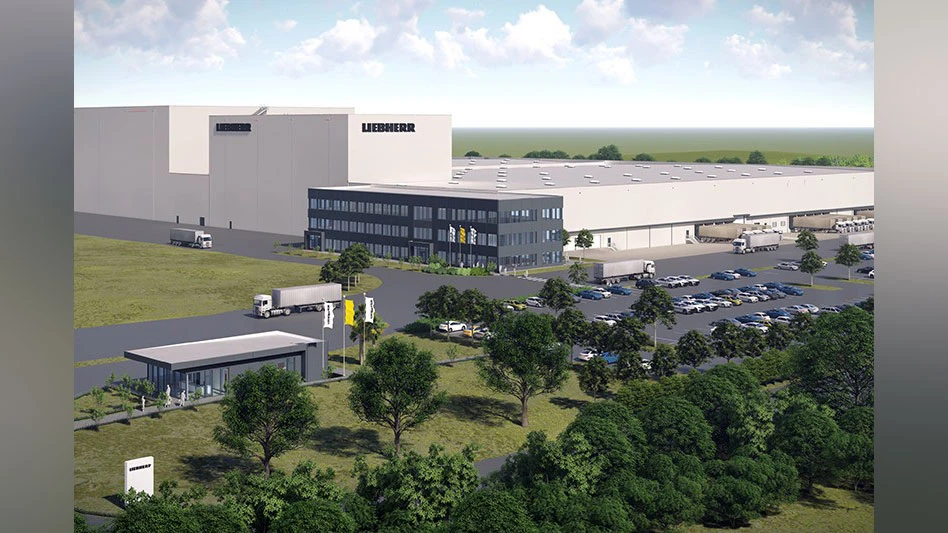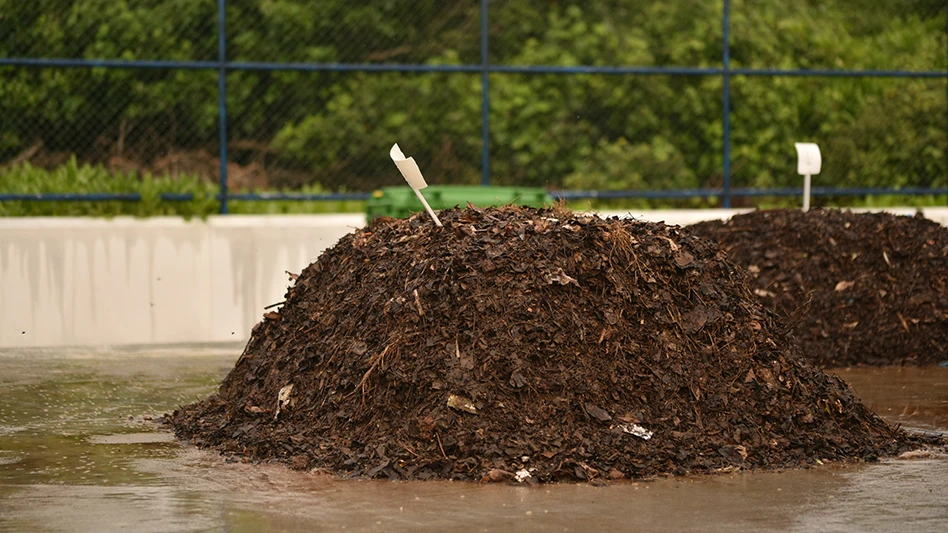
aryfahmed | stock.adobe.com
The Composting Consortium, an industry collaboration led by the Center for the Circular Economy at Closed Loop Partners, New York, has released a report featuring investment recommendations to scale composting infrastructure and increase the recovery of food waste.
The report, “Unleashing the Economic and Environmental Potential for Food Waste Composting in the U.S.,” covers the compost market and opportunities for public and private capital investment amidst rising landfill costs, federal attention on organics recycling and statewide organics bans.
According to the Composting Consortium, food waste composting is on the cusp of major growth as the economic, environmental and social consequences of food waste grow more apparent. These consequences include the rising cost of landfilling and the mounting attention linking food waste in landfills to methane emissions.
Despite this rising pressure, the consortium reports food waste composting infrastructure has remained stagnant in the U.S. for six years.
Today, there are approximately 200 composting facilities processing food waste in the U.S. and another approximately 2,700 facilities only processing yard trimmings, the consortium says. Many of the facilities only processing yard waste have the potential to be retrofitted to accept and process food waste. However, scaled operations, particularly for large-scale food waste composting facilities, remain hindered by hyperlocal logistics, variable municipal engagement and lack of financing tailored to the business model’s dynamics. According to the consortium, blended financing is needed to support large-scale infrastructure that can handle complex food waste streams.
RELATED: Composting Consortium releases study on disintegration of compostable packaging
The Composting Consortium’s report says public and private capital, including a mix of grants and philanthropic funding, patient capital, loans and private equity, can work alongside each other to build large-scale composting facilities while nurturing the growth of smaller, established operators.
“Since the inception of the Composting Consortium, we identified the need to strengthen U.S. composting infrastructure, particularly those solutions that can accept increasingly large and complex organics streams including postconsumer food scraps and compostable food packaging,” says Kate Daly, managing director and head of the Center for the Circular Economy at Closed Loop Partners. “Investment, alongside policy and multistakeholder collaboration, is critical to achieving this.
"After years of on-the-ground work and industry collaboration, the consortium has identified opportunities for capital to catalyze scale and impact, and advance progress toward zero waste and climate mitigation goals.”
According to the consortium, investors can play a pivotal role in scaling the industry and creating a lasting positive financial and impact return by developing well-placed private investments.
By addressing financing hurdles and fostering a supportive ecosystem through collaboration between composting businesses, municipalities and investors, the Composting Consortium says the U.S. composting industry can further scale to advance a more circular economy for organics.
Latest from Waste Today
- Capital Waste acquires Tennessee Waste Haulers
- Van Dyk partners with Reckelberg Environmental Technologies
- CRI submits comments to CalRecycle on CRV handling payments
- Reworld acquires EnviroVac Waste Transport
- Waga Energy partners on RNG project at France landfill
- Hawaiian county selects landfill site
- CAA submits final draft program plan in Oregon
- Washington city adds organics collection to waste service
